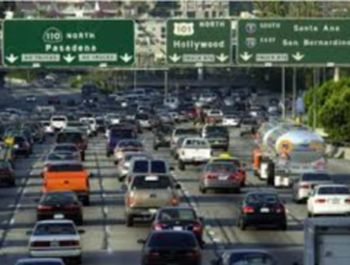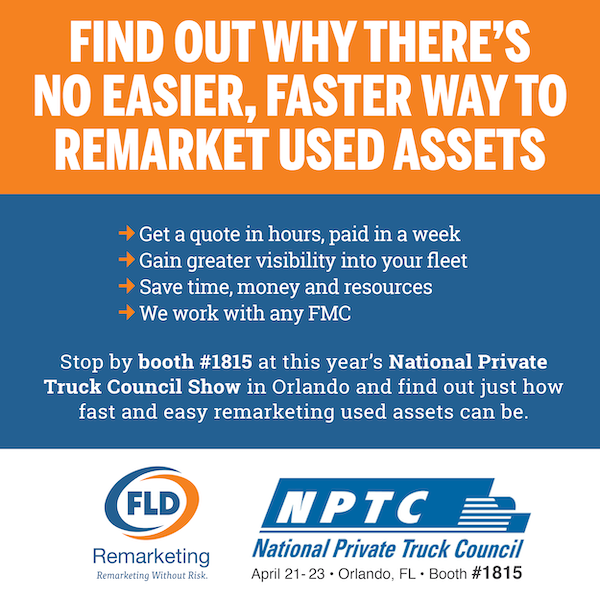
By Mark Boada, Executive Editor
Amid all the political brouhaha coming out of Washington, one thing seems to have been forgotten: the sorry state of America’s highways and bridges.
I was prompted to ponder them when the bridge collapsed in Genoa, Italy in August. Signs are that rain-induced corrosion of the bridge’s steel cables that ultimately caused them to snap. 38 people died and another 15 were injured as a result.
The incident reminded me of the collapse of another bridge 11 years earlier, almost to the day. It was the I-35W Mississippi River Bridge in Minneapolis, Minnesota, which killed 13 people and injured 145 more. And that brought me back to a number of sad facts about both the quality and inadequacy of our roadways:
- In its 2017 Infrastructure Report Card, the American Society of Civil Engineers (ASCE) gave our country’s roads a rating of D and reported that 9.1 percent of the nation’s bridges were structurally deficient, and estimated that there was a backlog of $836 billion in highway and bridge capital needs in 2017.
- While driver error is involved in more than 90% of all accidents, it’s been estimated that bad highway design and conditions contribute to fully half of all fatal highway crashes.
- Traffic accidents cost the U.S. economy some $1 trillion a year, and businesses alone some $25 billion, according to a 2015 report by the U.S. Department of Transportation. In addition, a report by Inrix, a global analytics company, said traffic congestion in the U.S. cost drivers and their employers another $300 billion in 2016.
- Meanwhile, the ASCE said that because of accidents and highway congestion, the U.S. economy could lose just under $4 trillion in GDP between 2016 and 2025 if roadway investment gaps aren’t met. The group said that the figure could soar to $14 trillion by 2040 if the nation’s aging roads, railways and bridges are left to decay even further.
The underlying cause of this situation is, of course, under-investment, and the key factor is that the federal Highway Trust Fund, the account used to finance highway projects, is underfunded by a tax that hasn’t been raised in 25 years. The federal fuel excise tax – 18.4 cents per gallon of gasoline and 24.4 cents for a gallon of diesel – was last raised in 1993, when gasoline and diesel cost around $1.10 a gallon. In the meantime, inflation has risen nearly 70 percent.
Highway Trust Fund revenue has increased over the years as vehicle miles travelled has risen. But the problem is that inflation has risen faster than our annual driving mileage, and auto fuel efficiency has us going to the pump a lot less than we did in the 1990s. As a result, the trust fund has been overspending its revenues, and has had to have several bailouts from Congress over the years, totaling nearly $35 billion, to keep it afloat.
Now, it’s not that nobody’s looking at this problem. President Trump, the U.S. Chamber of Commerce and several members of Congress have come out in support of an increase in the federal fuel tax, ranging from a hike of 25 to 50 cents a gallon. Separately, President Trump ran on a proposal to increase infrastructure spending by as much as $1.5 trillion over the next 10 years.
Energy Innovation, an environmental and energy consulting firm, estimated that a 25-cent increase in the fuel tax would raise $840 billion by 2050, support the addition of 1.2 million electric vehicles to our roads, and cut American consumption of crude oil by 1.3 billion barrels. No doubt, the additional spending would reduce highway congestion, accidents and costly damage to our vehicles, while boosting our economy by making our transportation system more efficient.
Despite the potential benefits of both an increase in the fuel tax and a big infrastructure spending bill, nothing is happening in Washington. Let’s face it, tax increases are never politically popular. Meanwhile, Republicans in Congress are reluctant to approve more spending in the wake of this year’s tax cuts, which have caused the federal budget deficit to jump 79 percent.
Nobody wants to pay higher taxes, but nobody wants to die because a bridge fails or because of a highway that’s in poor shape, either. And nobody really wants to spend hours upon hours in rush-hour traffic jams just to get back and forth to work. And in case you need reminding, traffic fatalities are on the increase again.
Fleets and the organizations that sponsor them are being hurt economically by road surface damage and traffic jams, injuries and deaths that befall their employees. There’s an ROI to better safety and productivity, and fleets all over North America are making investments in them. It’s time to demand the same of ourselves as taxpayers and our government as trustees of our highway infrastructure.
Browse Previous Fleet Spectator Columns




